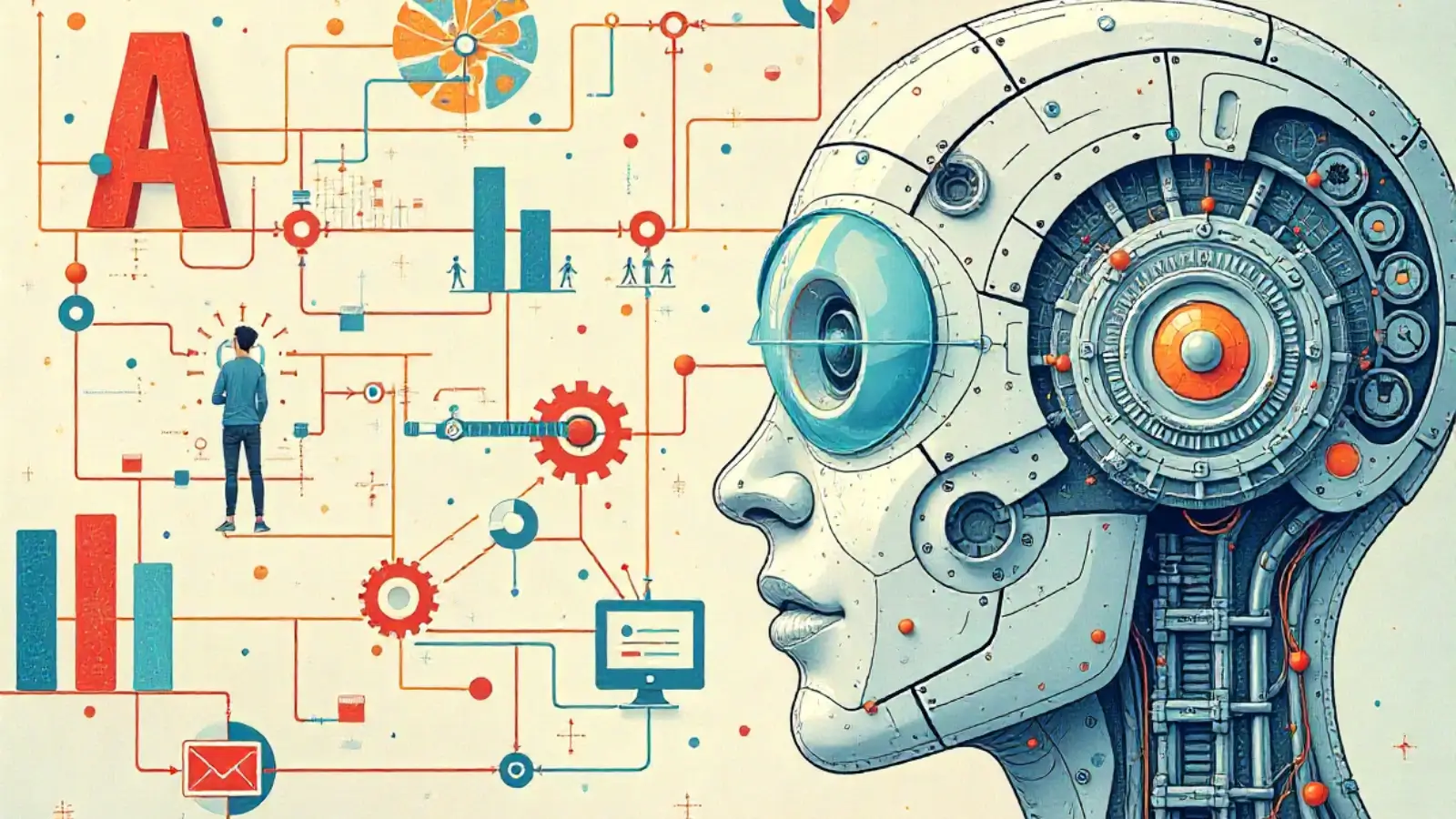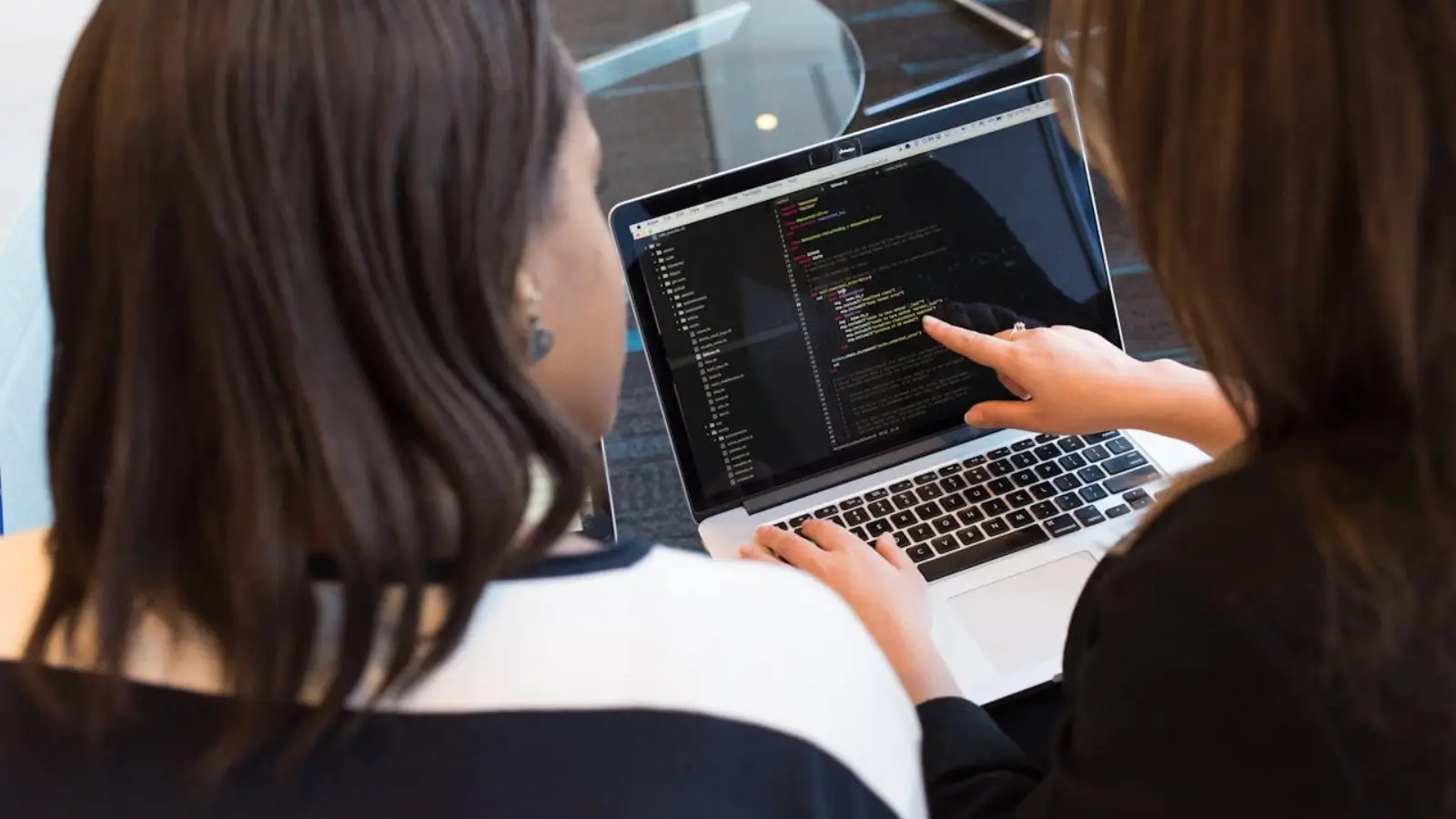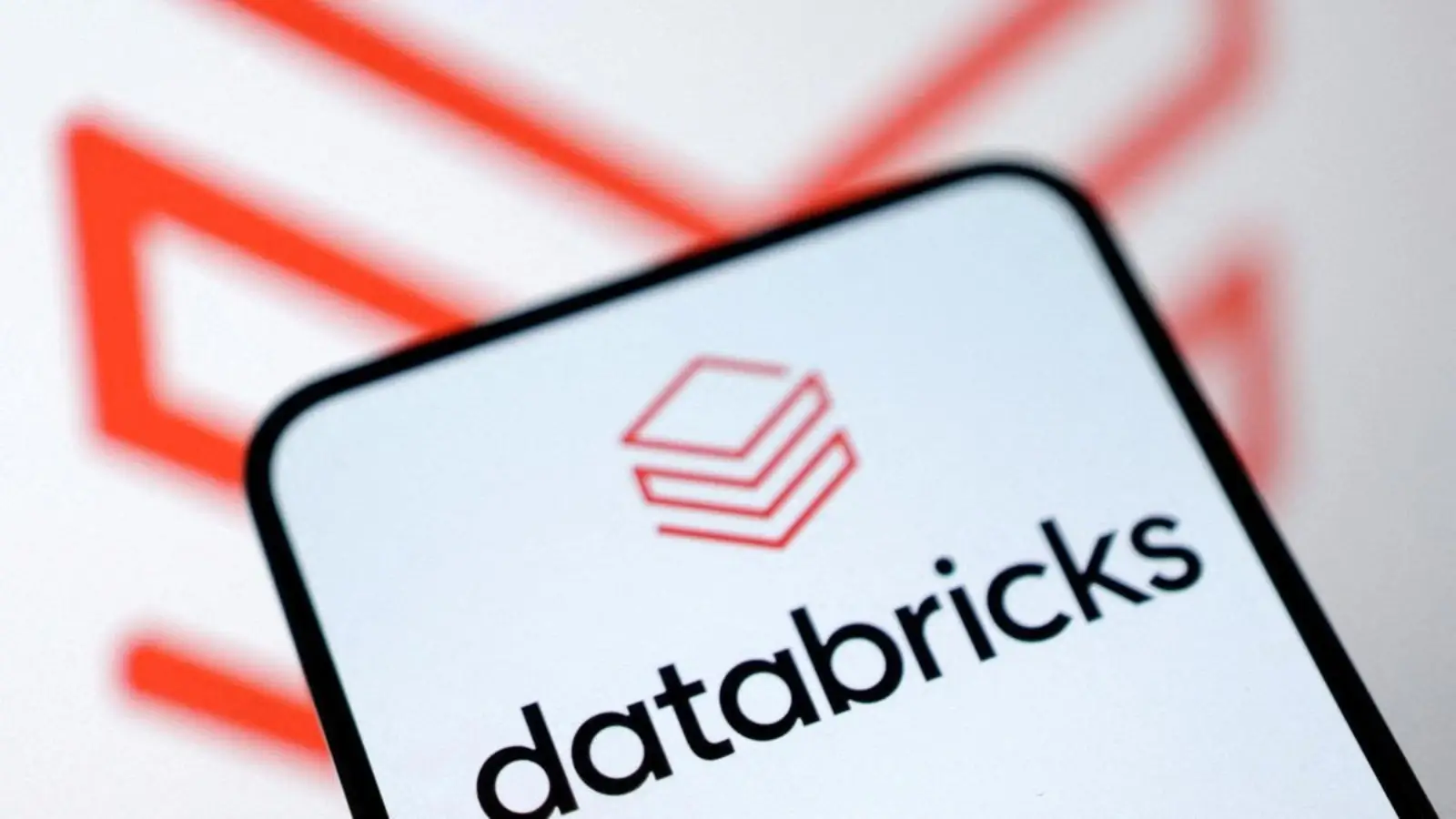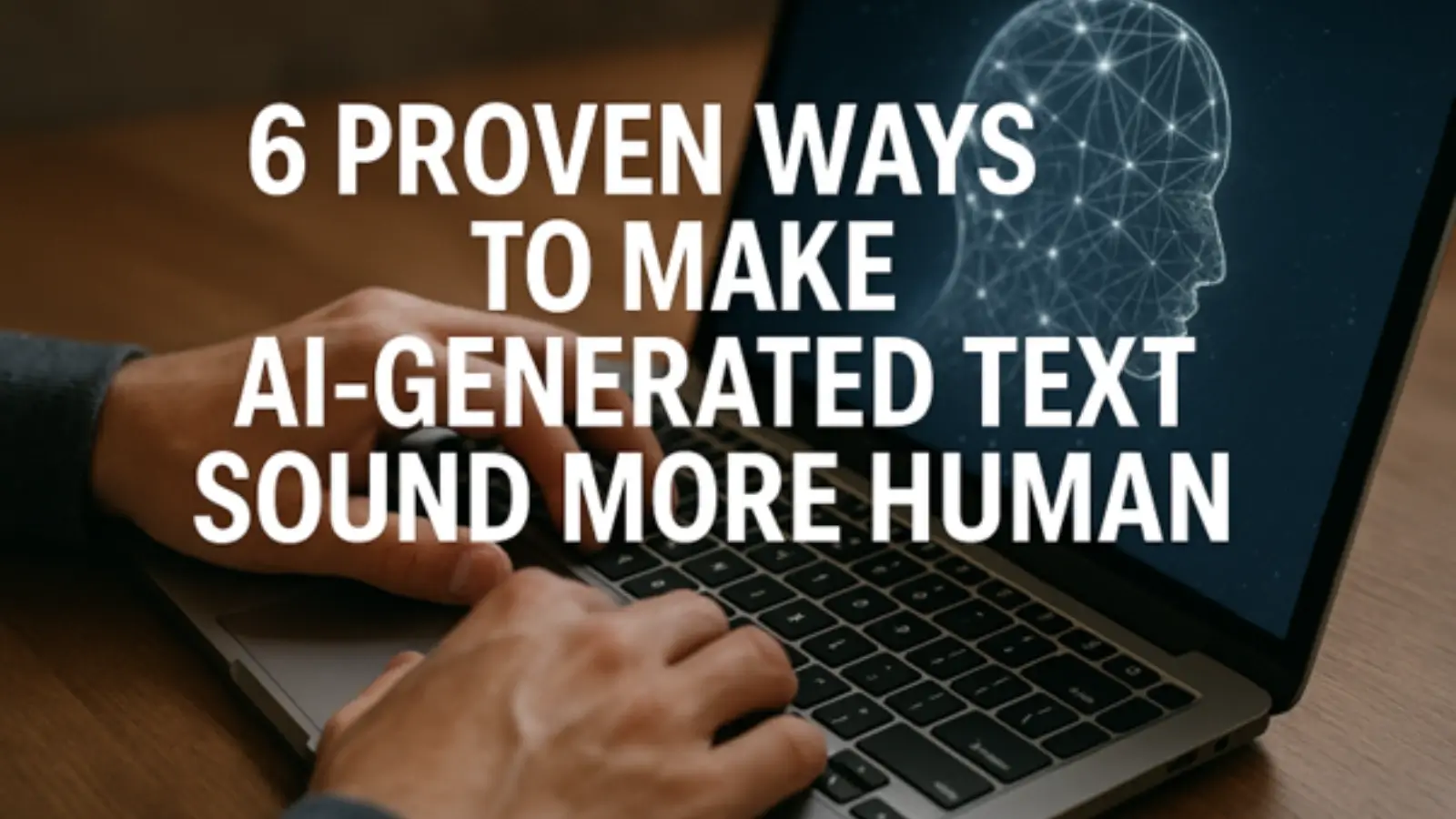Small businesses adopt AI faster than expected. Thryv reports 55% of small companies use AI tools in 2025, up from 39% last year. Goldman Sachs found 68% of small business owners work with AI daily. Another 9% plan to start within twelve months.
Marketing Becomes Automatic
AI handles most marketing tasks for small companies now. Superhuman's research shows 67% of small businesses rely on AI for content creation and search engine optimization. Email campaigns run themselves. Social media posts are scheduled and published without human input.
A boutique advertising firm with 12 employees tripled its client base in six months using AI tools. The firm's campaigns that took two weeks to create now take two days. Customer support response times dropped to 15 minutes. A local retailer increased revenue by 27% after switching to AI-managed advertising.
AI Tools Replace Traditional Business Setup Steps
Small businesses now skip many manual startup tasks that used to take weeks. A bakery owner in Denver can build a website with AI in two hours instead of hiring a developer for $5,000. The same owner uses AI to write business plans, create logos, and draft legal documents. These tools handle incorporation paperwork, generate marketing materials, and set up accounting systems automatically.
Business formation that requires lawyers, designers, and consultants now happens through AI platforms. A plumber in Ohio launched his company using AI for everything from naming the business to creating service contracts. Marketing agencies that charge $10,000 for brand packages compete with AI tools that cost $50 monthly. This speed lets entrepreneurs test ideas faster and start earning revenue sooner.
Money Flows Into AI Solutions
Companies with 10 to 100 employees lead AI adoption. Their usage rate jumped from 47% to 68% in one year, according to Thryv's data. These businesses cut administrative tasks by 34%. Operating costs dropped 22% on average during the second quarter of 2025.
The U.S. AI market will reach $300 billion by 2026. Elon Musk bid $100 billion for OpenAI. Small businesses direct most AI spending toward operations and cost reduction. Professional services and retail see the strongest returns from AI investments.
Workers Do Different Jobs Now
Goldman Sachs found that 80% of business owners say AI helps their workers rather than replacing them. Companies using AI plan to hire more people. The survey shows 40% expect to create new positions this year. Only 65% of non-AI businesses plan growth.
Employees move from repetitive tasks to customer work and strategic planning. A Houston fitness studio's AI chatbot converted 37% more leads than human staff. The humans now focus on training clients and developing programs. Pew Research found 60% of Americans think AI will eliminate jobs over twenty years. Small business owners disagree. They report upgrading employee skills instead of firing people.
Small Companies Still Face Problems
Micro-businesses with fewer than four employees struggle with AI. The Census Bureau found that only 7% use AI tools. Yet 10% plan to start within six months. Cost blocks access for the smallest companies.
U.S. small businesses produce at 47% of large company levels, according to ITIF. Other countries reach 60% productivity for small firms. AI could close this gap. Business owners need quality data, trained staff, and integrated systems. E&Y warns about regulatory confusion and the need for human oversight.
Customers Get Better Service
AI changes how small businesses interact with buyers. Companies report higher customer acquisition and retention rates. Chatbots answer questions instantly. Predictive analytics helps businesses stock the right products.
Retail shops use AI to track shopper preferences. They adjust prices and inventory based on AI recommendations. Small stores compete with chains by offering personalized service through AI insights. Customer satisfaction scores increase when businesses use AI for support.
Growth Patterns Change
BizBuySell tracked AI adoption among small businesses from 26% in mid-2023 to 51% by late 2024. Companies using AI report better forecasting and decision-making. Remote work tools and virtual assistants became standard equipment.
Business owners with AI tools show more optimism. Goldman Sachs found 74% of AI users plan expansion in 2025. Non-users lag behind at 65%. The speed of testing new ideas accelerated. Failed concepts cost less money and time to discover.
What Happens Next
Small businesses build differently now. Setup takes days instead of months. Marketing runs itself. Employees handle creative work while machines process data. Yet gaps remain between tiny companies and larger ones.
Regulators debate oversight requirements. Trade groups push for training programs and tool access. BizBuySell warns that slow adopters might fall further behind. Business formation changed permanently. The data shows real companies earning more money, serving customers better, and growing faster through AI adoption.

















